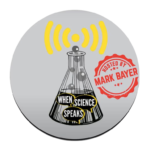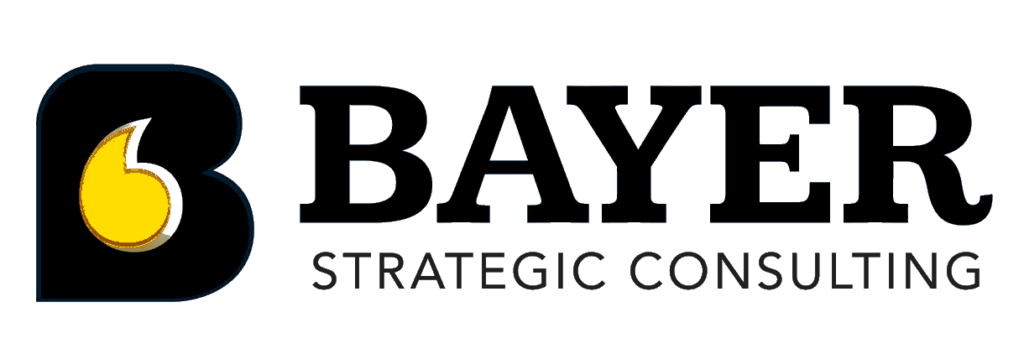Distilling Research Into Narratives to Inspire Policy Action – Ep #69
A common thread that runs through diverse and successful careers in STEM, whether in the academic or corporate world, is the ability to interpret and communicate complex and data-driven topics into narratives that can inspire action at the individual, corporate, and policy levels. However, many STEM professionals still grapple with the skills and attributes they need that can help them distill complex topics which makes the work of this week’s guest, Joan Wasser Gish, incredibly crucial.
Joan Wasser Gish is an expert in translating findings from education, research, and implementation into policy and practice at scale. Twice appointed by the Governor to the Massachusetts Board of Early Education and Care, Joan helps to build systems that improve implementation and policies that make access to high-quality early education easier, particularly for low-income children across the Commonwealth of Massachusetts.
She joined the Boston College Lynch School of Education in 2015 to translate research on the effective integration of comprehensive services in K-12 into a state-wide infrastructure. This infrastructure was designed to support the integration of education with social services, youth development, health, and mental health resources for Massachusetts children and families.
Joan and her team’s impact has expanded beyond Massachusetts to include multiple states around the country. She has extensive experience related to educational and social domestic policies focused on low-income children and families. She’s worked on these issues in a Presidential campaign and also in the United States Senate. Joan is helping to lead policy change across the country and has been published by the Washington Post, Brookings Institute, Education Week, and Commonwealth magazine.
Joan holds an MA in Education Policy from Columbia University’s Teachers College and a JD from Columbia School of Law. She received her BA in Political Science and Political Theory where she graduated Magna Cum Laude from Brown University.
What You’ll Hear On This Episode of When Science Speaks
[01:01] Mark introduces his guest, Joan Wasser Gish
[03:08] The common theme in Joan’s diverse work experiences and the skills that helped make her successful in each of them
[05:54] Joan shares why she thinks it’s important to pay attention to the political environment in her field of work
[09:17] How Joan manages her various high-level responsibilities
[11:10] Essential techniques and practices for distilling complex topics and in communicating these to policymakers
[19:17] Joan reveals how she developed the skill to distill complex topics
[21:26] How grad students, P.hDs, and postdocs can learn how to effectively communicate and discuss complex topics
[27:24] Joan’s career journey and her takeaways from it
Connect with Joan Wasser Gish
Lynch School of Education and Human Development
Department of Early Education and Care
Translating Data into Narratives to Inspire Action
Whether it’s communicating with policymakers or with potential investors, having the skill to translate complex topics and data into meaningful narratives is a core differentiator. Joan Wasser Gish says that while researchers focus on the rigor, accuracy, and integrity of their research and are able to effectively communicate and establish their credibility in the academe, that often isn’t the case when they’re presenting it to people who aren’t as familiar with the jargon and concepts that they are working on.
Policymakers who want to make the best policies for their constituents aren’t so keen on learning terms that they can easily misunderstand or be confused with. What they want is an effectively and efficiently communicated narrative that they can easily grasp and turn into policy. This then is where Joan’s work is crucial: bridging the gap between research and policymaking.
Essential skills and techniques for distilling complex topics
For Joan, distilling complex topics for policymakers is about straightforward, accurate, and understandable translation of the relevant research. It is about refining the data they’ve found and summarizing it without losing its value, credibility, and relevance to the policy that is being pushed for and developed.
This involves outlining the benefits of research for the purposes of the desired policy, as well as clearly pointing out the key points that policymakers need to focus on in the process of their policymaking. Drafting citations and providing access to ad rem reports are helpful but being able to get your point across in a succinct and comprehensible manner is even more vital.
Learn more about Joan Wasser Gish on this week’s episode of When Science Speaks.
Connect With Mark and When Science Speaks
On Twitter: https://twitter.com/BayerStrategic
On Facebook: https://www.facebook.com/Bayer-Strategic-Consulting-206102993131329
On YouTube: http://bit.ly/BSConTV
On LinkedIn: https://www.linkedin.com/in/markdanielbayer/
On Instagram: https://www.instagram.com/bayerstrategic/
On Medium: https://medium.com/@markbayer17
Subscribe to When Science Speaks on Apple Podcasts or Stitcher

